News and features
Read the latest news and features about our world-leading research, discoveries, fundraising and philanthropy. If you want to keep updated on our news, you can follow us on social media or sign up for our Search newsletter.
If you’re a journalist and want to find out more, you can contact our media relations team.
).jpg?sfvrsn=83bdab30_1)
Genetic study links common form of testicular cancer to rare variants in cell structure genes
The largest study to date of most common form of testicular cancer has uncovered a possible link between disease risk and variations in the genes controlling cell shape and movement.

Overuse of CT scans could cause 100,000 extra cancers in US
The overuse of CT scans could cause over 100,000 cases of cancer in the US – with almost 10,000 cases in children, researchers have warned.
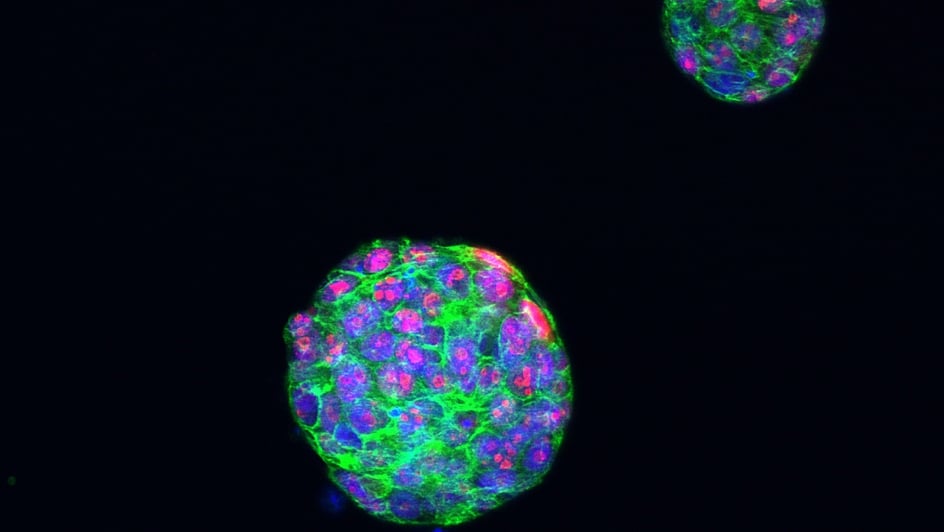
ICR welcomes NICE recommendation of capivasertib for advanced breast cancer
The Institute of Cancer Research, London, strongly welcomes the decision by NICE to recommend the targeted breast cancer drug, capivasertib, in combination with fulvestrant, for treating the most common type of advanced breast cancer with specific biomarker alterations (PIK3CA, AKT1 or PTEN).
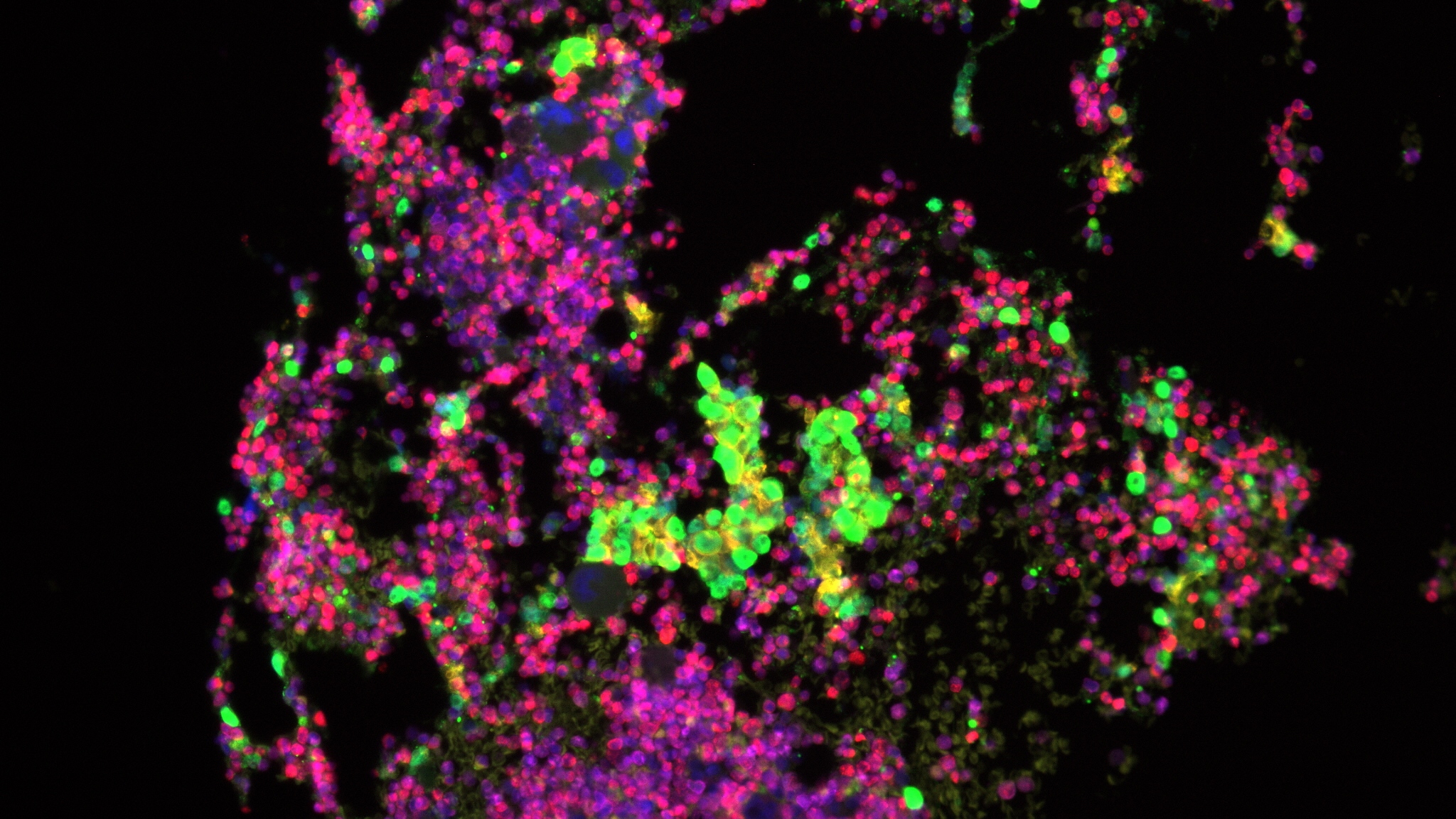
Simple spit test could finally turn the tide on prostate cancer
A spit test, where a sample can be collected at home, is more accurate at identifying future risk of prostate cancer for some men than the current standard PSA blood test, according to a study by ICR scientists.
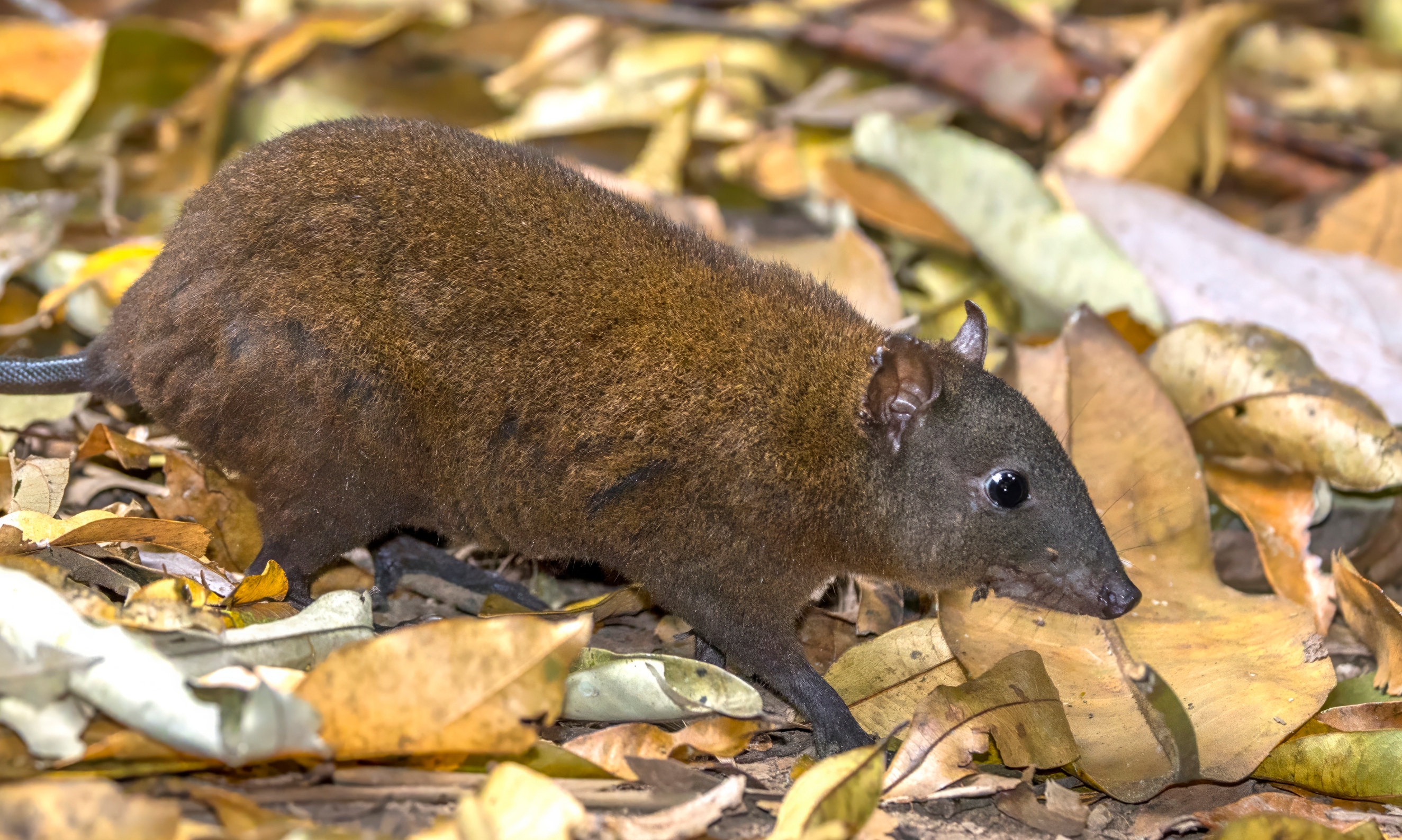
ICR and life sciences company QBiotics launch new collaboration to study potential cancer drug derived from rainforest tree species
Scientists at The Institute of Cancer Research, London, are collaborating with life sciences company QBiotics to unravel the molecular and cellular mechanisms of a potential new cancer drug.

ICR scientists unveil AI-powered platform that helps researchers speed up biomarker discoveries for personalised cancer treatment
An ICR team has unveiled a cutting-edge research platform powered by artificial intelligence (AI) that will revolutionise cancer research by allowing researchers to integrate and analyse large and complex clinical trial datasets, speeding up the discovery of new cancer biomarkers.
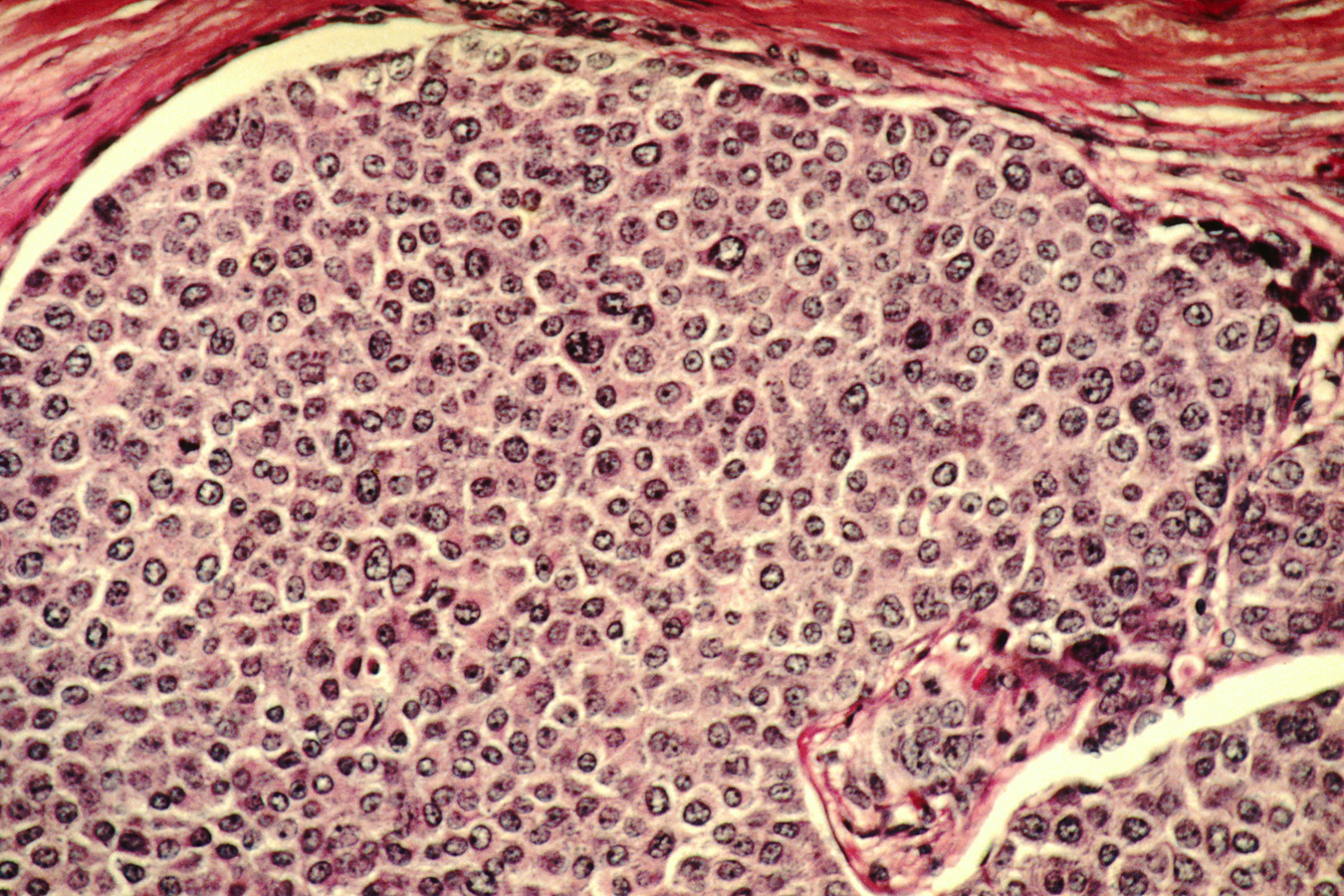
New study confirms hormone’s role in post-menopausal breast cancer risk
In the largest and most comprehensive study of its kind, researchers have provided further evidence that a hormone responsible for regulating breast development acts as a risk factor for breast cancer in post-menopausal women.
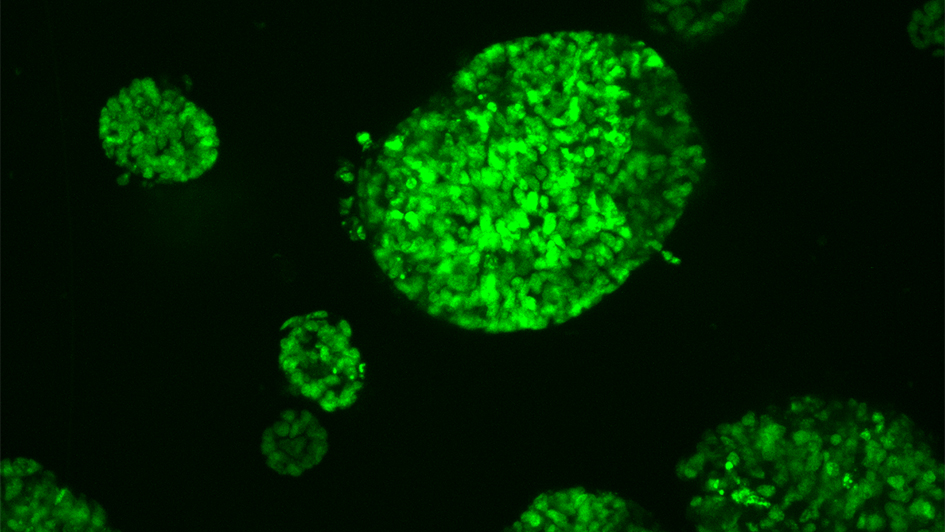
£5.5m research funding to transform bowel cancer care
Scientists from The Institute of Cancer Research, London, are part of a team of international researchers who have secured £5.5million in funding to find smarter, kinder treatments for people living with bowel cancer.
-carousel-945x581.jpg?sfvrsn=d29fb9e9_2)
Newly identified biomarker could improve treatment for people with rare type of ovarian cancer
Scientists at The Institute of Cancer Research, London, have identified a gene that affects how ovarian clear cell carcinoma (OCCC) could respond to a new class of drug called ATR inhibitors.
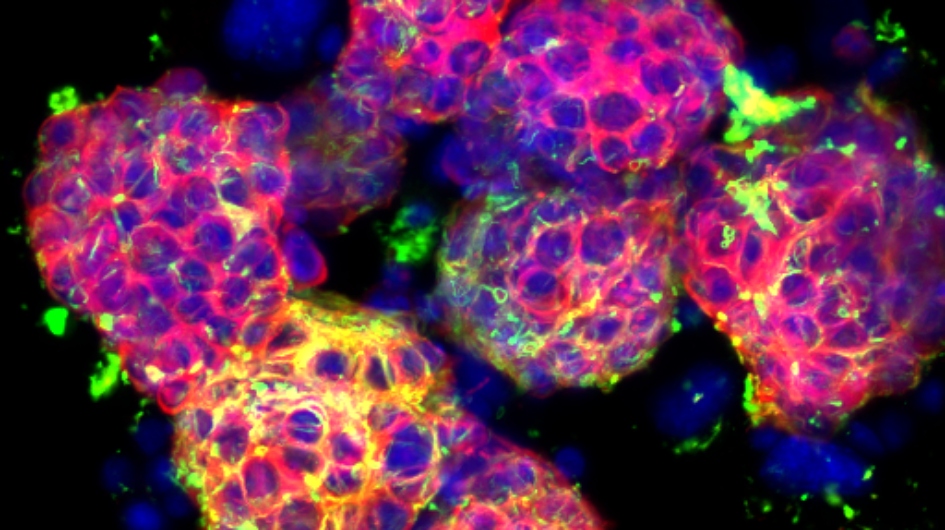
Innovative neuroblastoma research could lead to tailored treatments for high-risk patients
New research has provided insight into the biological mechanisms that may contribute to poor outcomes in certain cases of neuroblastoma – a cancer that develops in nerve tissue and primarily affects children.
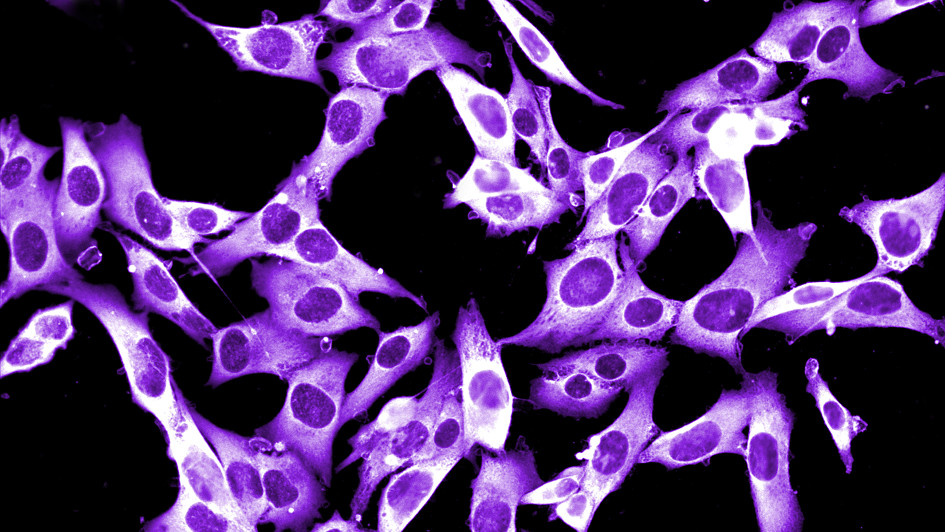
New AI technology could bring cancer drugs to patients in half the current time
Scientists have developed a revolutionary AI ‘fingerprint’ technology that can accurately show how cancer cells respond to new drugs, by simply observing changes to their shape.

Remembering former ICR Chief Executive Professor Peter Garland
The ICR reflects on the legacy of Professor Peter Garland CBE, who served as Chief Executive from 1989 to 1999 and died on 5 March.
